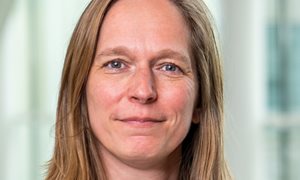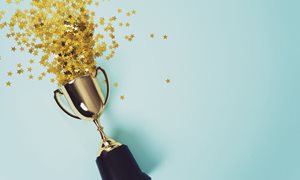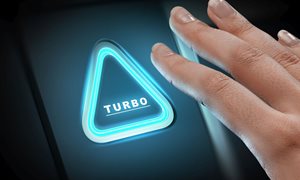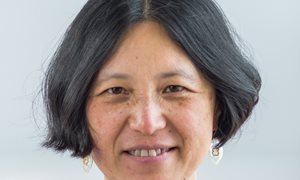
Researchers from Radboudumc and Harvard University have jointly published a review article on self-healing injectable hydrogels in Chemical Reviews. This work was led by Pascal Bertsch and Sander Leeuwenburgh at Radboudumc (Theme Reconstructive & Regenerative Medicine, Department of Dentistry), in collaboration with Harvard’s researchers David Mooney as well as Mani Diba who recently re-joined Radboudumc as Hypatia tenure track fellow.
Self-healing injectable hydrogels offer many advantages over traditional biomaterials, most notably the possibility for minimally invasive injection, moldability into patient specific tissue defects, and high spatiotemporal control of encapsulated cells and therapeutics. Consequently, self-healing injectable hydrogels have been at the forefront of many emerging strategies for tissue regeneration during the past decade, e.g. to provide mechanical support after heart attack, deliver drugs or excitable particles directly into tumors, or as immunoengineering platforms that can recruit and trigger immune cells in situ. Bertsch et al. a critical perspective on the promise of self-healing injectable biomaterials for various therapeutic applications. In addition, they identified several bottlenecks that currently impede the translation of self-healing injectable hydrogels and provide guidelines how these limitations may be overcome in the near future.
Publication
Bertsch P, Diba M, Mooney DJ, Leeuwenburgh SCG. Self-Healing Injectable Hydrogels for Tissue Regeneration. Chem Rev. 2022 Aug 5. doi: 10.1021/acs.chemrev.2c00179. Online ahead of print. PMID: 35930422
Related news items
.aspx?width=439&height=263&ext=.png&type=BlockColumn1Zoom1)
Vote for the RIMLS Supervisor of the year
7 December 2021This is your chance to vote for your favourite candidate for supervisor of the year! Support and promote your ideal supervisor from the three nominees: Siroon Bekkering, Gerald Verhaegh and Jo Zhou. Please submit your vote the 20th of December 2021 at the latest.
go to page
Willeke Daamen ratified as ETRS board member
3 November 2021 Willeke Daamen, theme Reconstructive and regenerative medicine appointed as board member of The European Tissue Repair Society (ETRS). go to page
RIMLS awards call for nominations
19 October 2021 RIMLS awards several prizes to stimulate and honor our (young) researchers. Upcoming awards are Supervisor of the Year, Best Master Thesis, Best Publication, Best Image and more. Send your nominations now before 24 November 2021. go to page
Turbo Grants for four medical-technical research projects
19 October 2021 Four TURBO grants were recently awarded to new technical-medical research proposals. The grants are part of the TURBO program, a collaboration between the University of Twente (TechMed Centre) and the Radboudumc. go to page
Best presentation award for Felicitas Pardow at the European Epidermal Barrier Research Network
28 September 2021 During the annual meeting of the European Epidermal Barrier Research Network (E2BRN) recently, Felicitas Pardow received the best presentation award. go to page